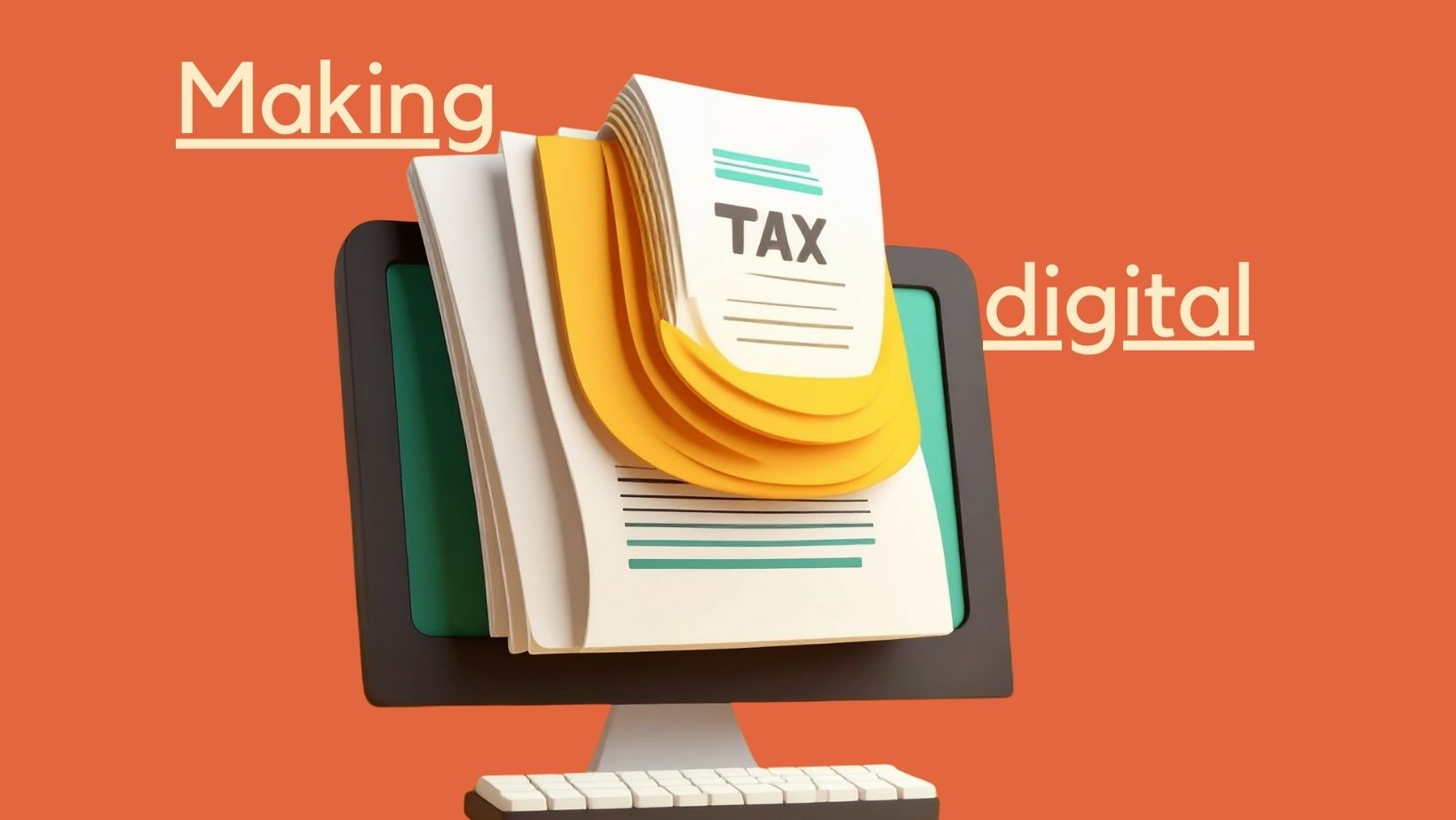Renting out a property can be a great way to earn extra income. But if you’ve forgotten to declare rental income to HMRC, time is of the essence. It’s important to take action now.
Ignoring the issue won’t make it go away. In fact, it could lead to hefty fines, backdated tax bills, and even potential legal action. Plus, unnecessary stress.
However, HMRC provides a way for landlords to come clean and minimise penalties. But you must act fast.
Here’s how rental income is taxed in the UK
If you receive money from renting out a property, HMRC considers it taxable income. Your rental income includes not just rent payments but also other payments from tenants, such as utility bills you charge them for, maintenance service fees, and even money received for additional services like cleaning or providing furnishings.
Key tax-free allowances
- Property Allowance: You can earn up to £1,000 per year tax-free from rental income.
- Personal Allowance: If your total income (including rental earnings) is below £12,570 (for the 24/25 and 25/26 tax year), you may not owe tax.
Tax bands for rental income
Any rental income above these allowances is taxed based on your total taxable income:
- 20% (Basic Rate): Income between £12,571 – £50,270
- 40% (Higher Rate): Income between £50,271 – £125,140
- 45% (Additional Rate): Income over £125,140
You can deduct allowable expenses such as maintenance, letting agent fees, and mortgage interest (if applicable to a buy-to-let mortgage).
What to do if you forgot to declare rental income
1. Don’t panic, but act fast
HMRC runs the Let Property Campaign, which allows landlords to disclose unpaid tax voluntarily. Coming forward early can drastically reduce penalties and show HMRC that you’re acting in good faith.
2. Gather your financial records
Before making a disclosure, collect all relevant documents, including:
- Rental agreements
- Bank statements
- Receipts for property-related expenses
3. Use the HMRC let property campaign
You must officially report undeclared rental income through HMRC’s Let Property Campaign. The process involves:
- Notify HMRC that you need to make a disclosure.
- Calculate your unpaid tax, including interest.
- Submit a full disclosure and arrange payment.
4. Full transparency is crucial
Hiding or underreporting income can backfire. HMRC can impose penalties of up to 100% of the tax owed if they believe you deliberately concealed it.
5. Get expert help and avoid costly mistakes
Dealing with tax affairs can be complex, but you don’t have to face it alone. A qualified accountant can help you assess your liability, make an accurate disclosure, and negotiate with HMRC on your behalf. A professional accountant can help:
- Ensure accurate reporting
- Minimise penalties
- Negotiate with HMRC on your behalf
The risks of doing nothing
Ignoring undeclared rental income can impact you significantly. The consequences of inaction can include:
- Backdated tax bills
- Accruing interest on unpaid tax
- Fines ranging from 0% to 100% of the tax owed
- Potential criminal investigation in severe cases
Act now before it’s too late
If you’ve forgotten to declare your rental income, don’t wait for HMRC to find you. Taking control now can save you stress, money, and legal trouble.
It is the individual’s responsibility to accurately declare their rental income and expenses to ensure their accountant can properly calculate and prepare their tax return. Care must be taken when reviewing tax returns to confirm that the correct proportion of income and expenses is reported. The obligation to retain these records and provide accurate information rests solely with the individual taxpayer.
Companion Accountancy specialises in helping landlords, contractors, and small business owners stay compliant. We’re here if you need help.





